Ruizhe Pei, Sebastian Tanabe, and Valentin Waschulin (left to right) received excellent scores for the research proposals.
We’re excited to share that three CoE PostDocs from the Centre for Microbiology and Environmental Systems Science at the University of Vienna have successfully secured funding through the Marie Skłodowska-Curie Actions Postdoctoral Fellowships funding scheme of the European Union. Valentin, Sebastian, and Ruizhe’s individual research proposals will be supported by the MSCA fellowship for two years. Due to their excellent evaluation scores, the University of Vienna committed to fund one additional year each.
In his project “Microbial Interactions: Nitrifiers and their Partners in Complex Wastewater Microbiome” (INTERACT), Ruizhe Pei, together with Holger Daims, will explore the governing principles of microbial interactions, focusing on how nitrifiers interact with other microbes using wastewater treatment plants as a model system. They aim to uncover these interactions by applying cutting-edge fluorescence imaging, chemical imaging methods, and stable isotope probing in collaboration with Michael Wagner (CeMESS) and Manuel Liebeke (University of Kiel and Max Planck Institute for Marine Microbiology). With this understanding, they hope to contribute to a deeper understanding of microbial interactions and more effective nitrogen management in wastewater treatment plants.
In his project “Microbial sulfonolipid biosynthesis and degradation in the human gut” Sebastian Tanabe, together with Alexander Loy, aims to elucidate the mechanism of microbially driven sulfonated lipid biosynthesis and degradation in the human gut. In particular, he will study sulfobacins. These sulfonated lipids are synthesized by intestinal bacteria and can modulate the immune system and reduce intestinal inflammation. They are therefore considered as potential therapeutics for targeted intervention in the increasing number of cases of inflammatory bowel disease. However, the effects of sulfobacins on the gut microbiota, degradation processes and key enzymes of the microbial biosynthetic pathway are unknown. The ecophysiology of the species that drive these processes will be elucidated as a crucial prerequisite for microbiota-oriented interventions.
In his project “Uncovering the link between bacterial growth and secondary metabolite dynamics in soil biocrusts” (GROWMETA), Valentin Waschulin, together with Dagmar Wöbken, will use desert soil crusts as a model system to investigate how bacterial growth and secondary metabolite production are connected. This will shine a light on the ecological roles of these bioactive compounds that have proven so valuable for humanity.
Heartfelt congratulations to all of you! We wish you the best of luck and are eager to learn about your new insights!


